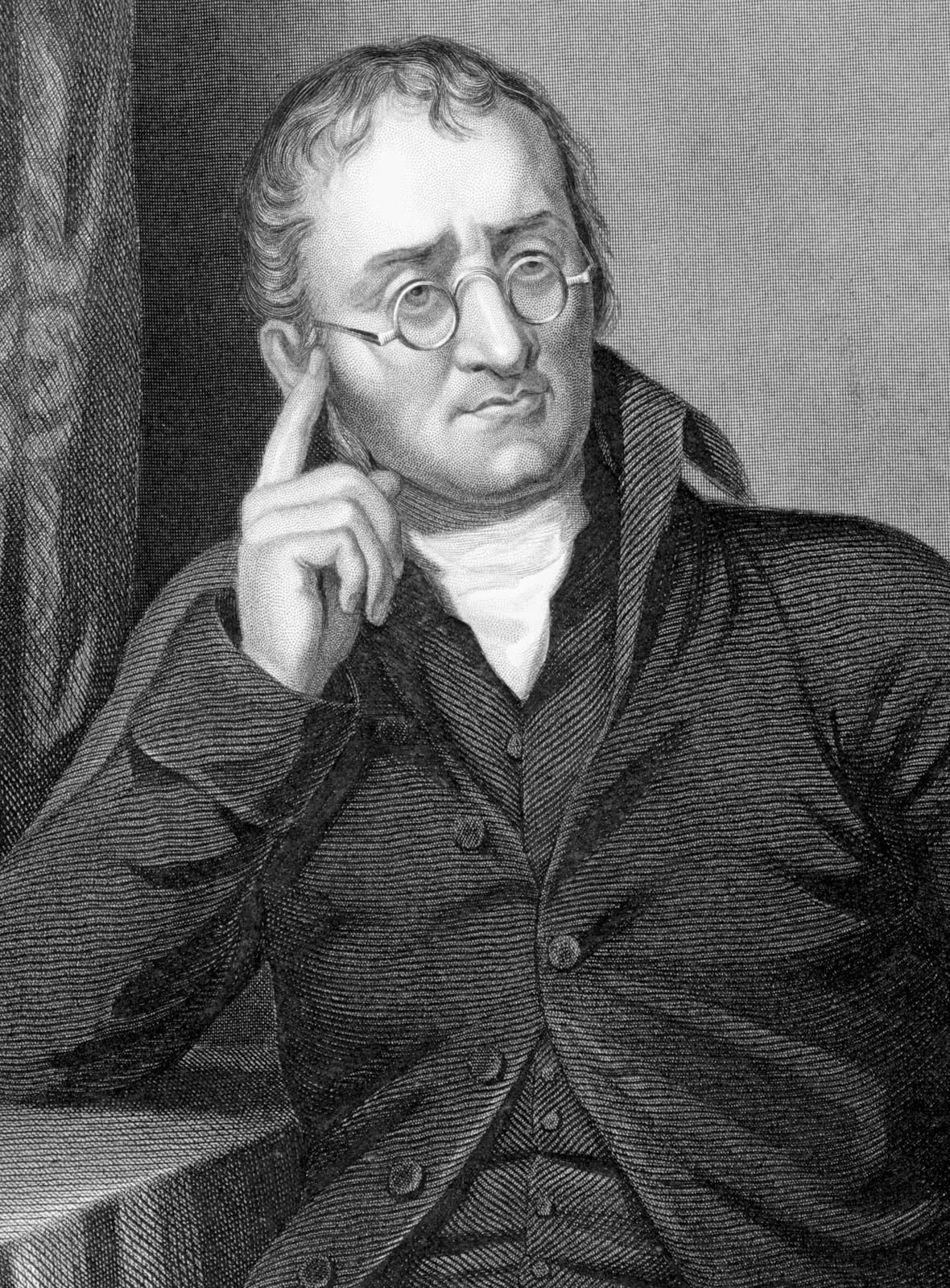
John Dalton
John Dalton( 1766- 1844) was an English scientist who’s credited with the development of the ultramodern infinitesimal proposition. Born in Cumberland, England, Dalton grew up in a Quaker family and became an academy school teacher at the age of 12(twelve). Despite having no formal scientific education, he made significant contributions to the fields of chemistry and meteorology…
Dalton is best known for his infinitesimal proposition, which proposed that each matter is made up of small, inseparable patches called atoms. He suggested that each element was made up of its own unique type of snippet, and that chemical responses passed when atoms were rearranged or combined with other atoms.
In addition to his work on infinitesimal propositions, Dalton made important benefactions to the study of feasts. He developed a law known as Dalton’s Law of Partial Pressures, – which states that the total pressure of an admixture of feasts is equal to the sum of the partial pressures of the individual feasts.
Dalton also conducted extensive exploration on color blindness, which he himself suffered from. He conducted trials on his own vision and those of others, and published several papers on the subject.
Throughout his life, – Dalton was deeply involved in the scientific community… He was a launching member of the Manchester Literary and Philosophical Society, and was tagged as a fellow of the Royal Society in 1822. In recognition of his benefactions to wisdom, he was awarded the Royal Society’s loftiest honor, the Copley Medal, in 1826.
John Dalton failed in 1844 at the age of 77. moment, he’s flashed back as one of the most important scientists of the 19th century, and his work on infinitesimal propositions laid the foundation for ultramodern drugs and chemistry.







